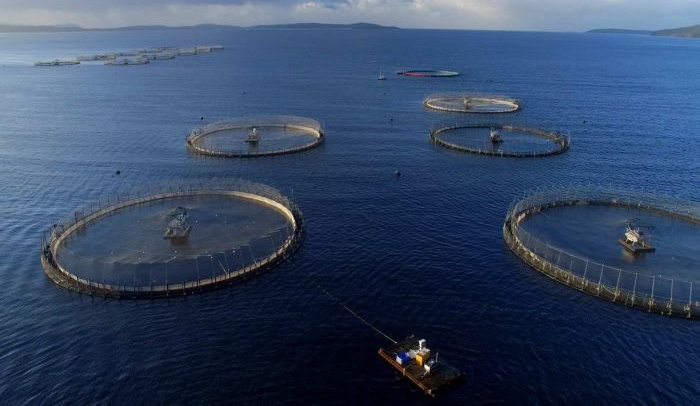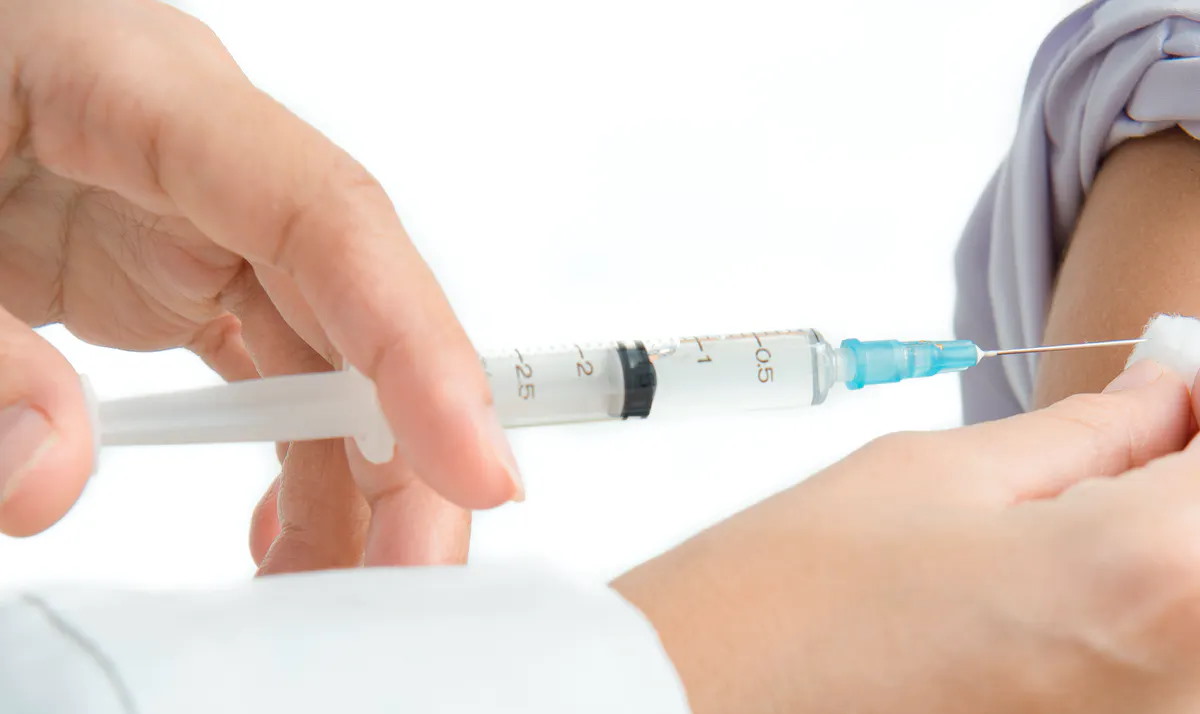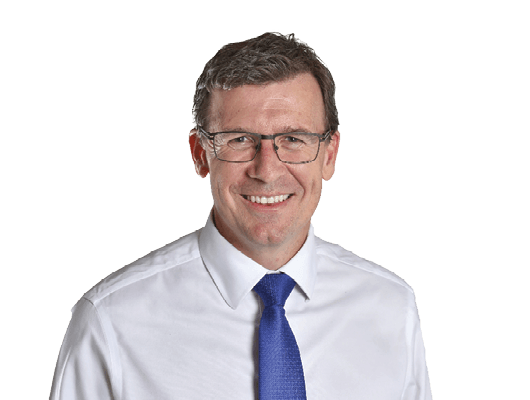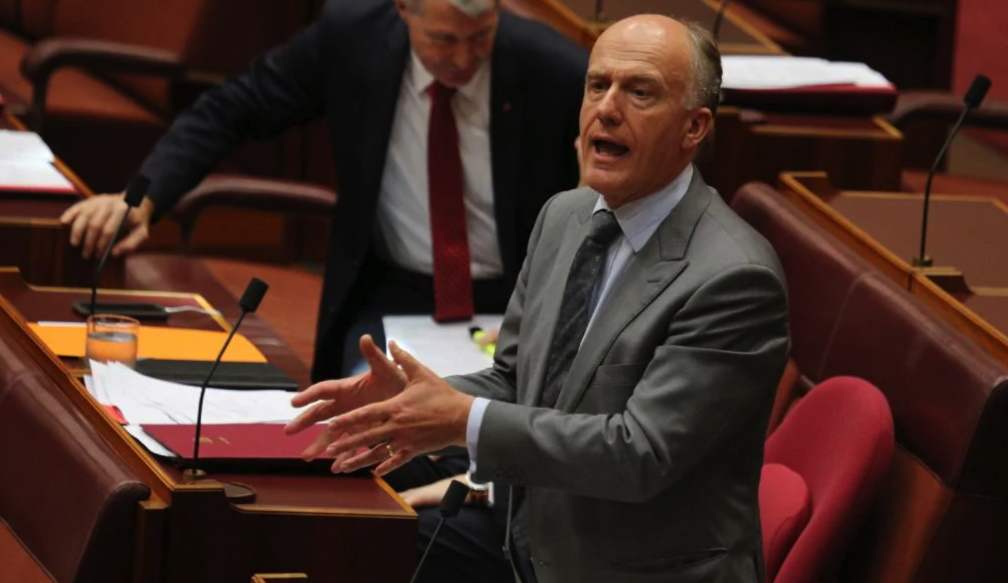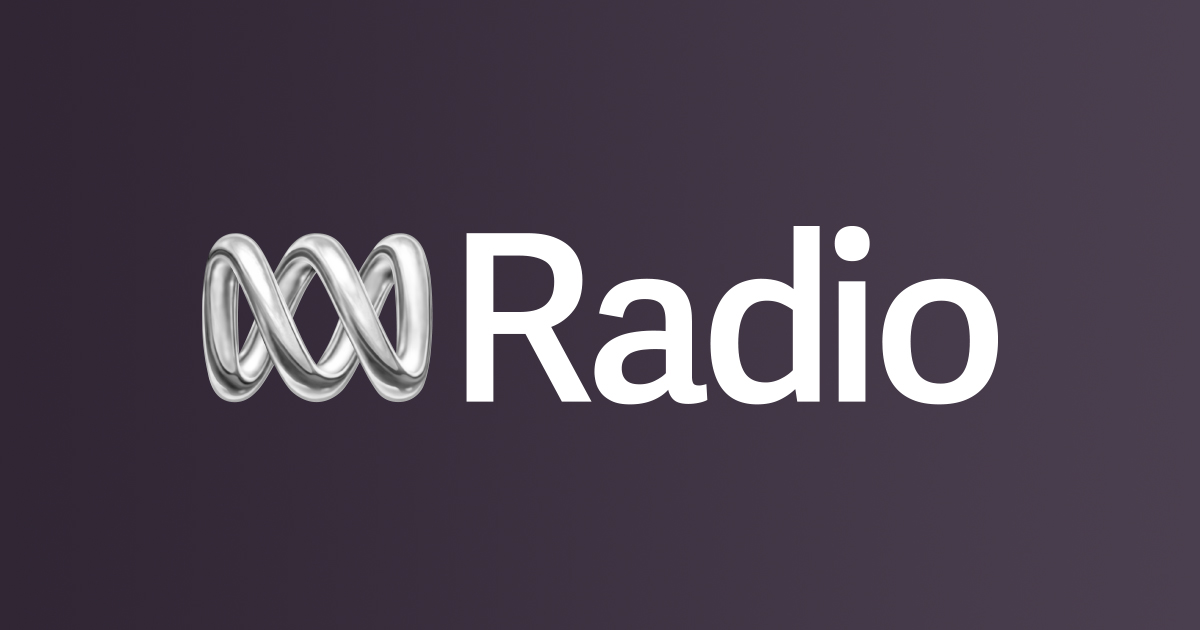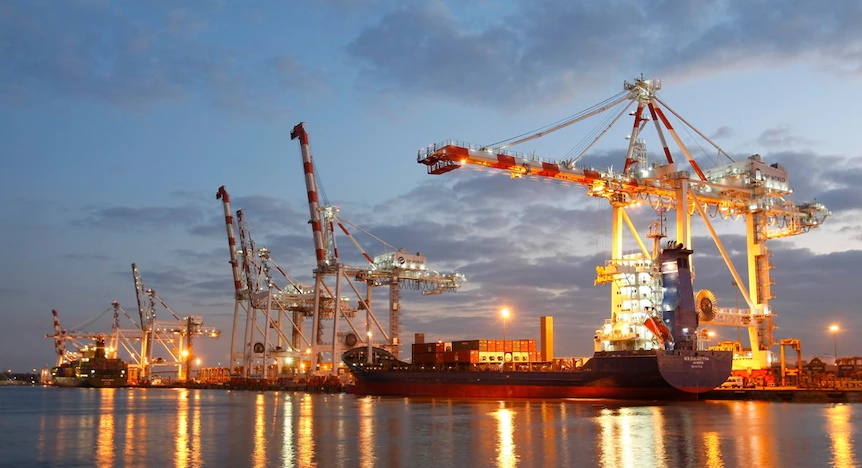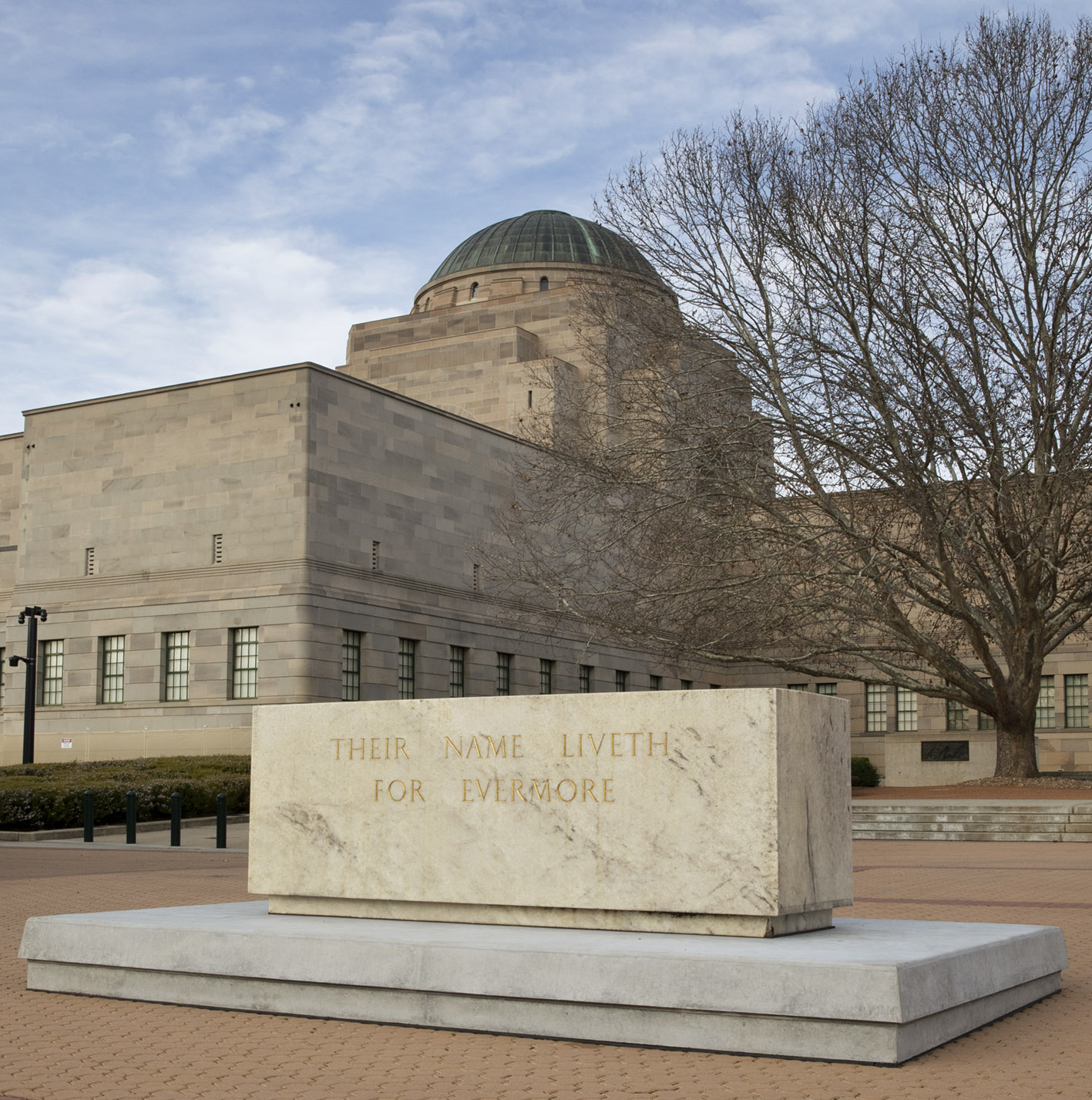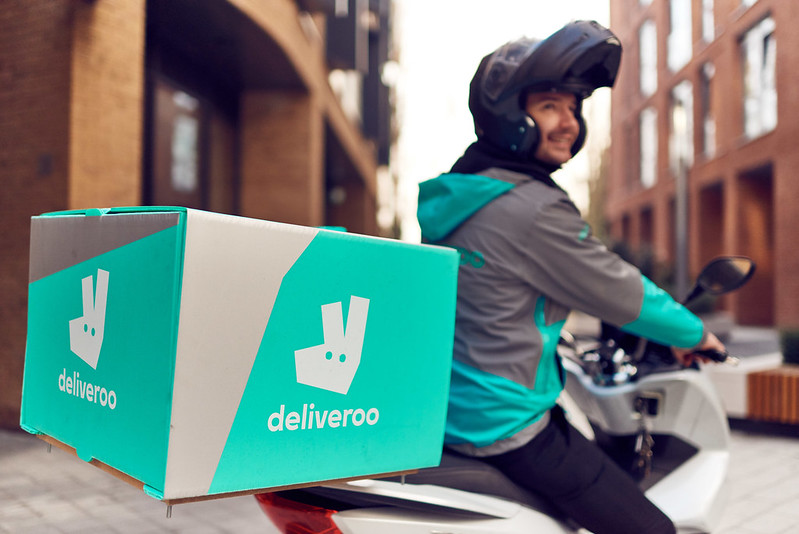Prime Minister's interview with Mike O'Loughlin, Tasmania Talks

MIKE O'LOUGHLIN: Prime Minister Scott Morrison. Prime Minister, good morning and welcome to Tasmania Talks.
PRIME MINISTER: Well, thanks very much, Mike. And can I start by saying thank you to Tasmanians? Tasmania is the vaccination capital of the country. You have the highest two dose rate of vaccination of any state or territory in the Commonwealth. 42.06 per cent is the most recent numbers I have from this morning and just pushing 60 per cent on first dose vaccinations. So that is, that is just a tremendous outcome for Tasmanians. Thank you for leading the way.
O'LOUGHLIN: Well, you're in Canberra at the moment. What's the situation there? Are you in lockdown?
PRIME MINISTER: Yes. And have been in the ACT for some time. And in my home state of New South Wales, where my family is, they've been on lockdown, but since coming back from the G7, I've basically being either quarantined or lockdown since. That's about 11 weeks.
O'LOUGHLIN: Well, we were doing quite well with the pandemic until Delta hit, really.
PRIME MINISTER: True.
O'LOUGHLIN: I mean, and you've said the science of the Delta strain is the game changer and we really can't ignore it. Do you think more could have been done to prevent this outbreak?
PRIME MINISTER: Look, the Delta variant finds its way. And we've seen that all over the world. We've seen it in countries with higher rates of vaccination, lower rates of vaccination. It's taking a heavy toll throughout Europe, the United States in particular. And the Delta variant is highly infectious. And that's why vaccination is just so important. I mean, what it means is the AstraZeneca vaccine, it's an 86 per cent reduction in the chance of hospitalisation, of ICU admission and a 90 per cent reduction in the chance of fatality. So, and that's the same for Pfizer. So the vaccines which Tasmanians are taking to so strongly and what's really impressive about that, Mike, is that Tasmania has a very low rate of COVID. So it's you know, so in other states, we've got a challenge where there's low rates of COVID, there's low rates of vaccination take up because people think, you know, that it can't come to them. Well, Tasmania has a low rate of COVID, but has also got a very high rate of vaccination. And I think that shows that Tasmanians are preparing themselves. They know that they're going to have to move forward. Tasmanians understand that their success in the future is with living with this virus. And to do that, you know, we've got to get vaccinated. And that's why I'm so thankful for what Tasmanians are doing.
O'LOUGHLIN: What needs to happen in order for us to to reopen? I know one quote from you is don't don't let negativity overwhelm your optimism and warned that ideas of letting the virus rip were fanciful, foolish and dangerous. Well, as you can see, Tassie hasn't done that. We've looked after it. The government's done extremely good job here. But what needs to happen?
PRIME MINISTER: Well, we need to get those vaccination rates up to 70 per cent and 80 per cent. Now, once I think we hit 70 per cent, I don't think you'll see too much different in Tasmania because you already don't have many restrictions that are in place. And we need to be cautious at that level. And we're keen to see things start opening up at that point and for there to be more movement, because Tasmania will be, you know, heavily protected with those high levels of vaccinations, and particularly in Tasmania, where you've got a more elderly population than the rest of the country. I mean, the vaccination rates for those who are in older age groups is even higher. And we're seeing the benefit of that, even with the difficult situation in New South Wales now, where the hospitalisation, ICU, all of these sorts of things, dramatically reduced from what we saw in the Victorian wave last year. And in the worst case scenario of fatalities, we're seeing almost a 90 per cent fall. Same rates of COVID, but a 90 per cent fall in the worst case scenario. So what that says is and that's a vaccination rate, which is at half the level of what we're saying, you need to get to at least to start being able to move forward.
So all that we're seeing with the vaccination is holding true. And that's why the national plan is a safe plan. I really appreciate Peter Gutwein's support for that national plan and his role in National Cabinet. I know he's a bit crook at the moment. I've been in touch with him over the last 24 hours on a few occasions. And so our thoughts and prayers are with you Pete and the whole family and wish you a speedy recovery and, you know, so you can get back to the helm.
O'LOUGHLIN: Prime Minister, if I may, ACT Chief Minister Andrew Barr talking vaccinations. He said, quote, let's stop talking about 70 because it's not safe at 70, but 80 is the more realistic step. So 70 will be a gentle step forward. 80 would be a more significant one, unquote. And if we break that down …
PRIME MINISTER: Well that's the national plan.
O'LOUGHLIN: But that's if it's 80, does that mean, I mean, we need to look at the kids as well, don't we? I mean, are we including those in the percentages?
PRIME MINISTER: Well, we are from 16 and above. And the scientific advice is that whether you include them or not in the actual formal 70 or 80 per cent, doesn't make any difference. But we are vaccinating children 12 to 15. That starts on the 13th of September and we'll be public reporting the number of children aged 12 to 15 who are vaccinated, but the science is very clear because children, including those under 12 who aren't vaccinated, they are protected by 70, 80 per cent vaccination rates across the adult population. It's like any immunisation, those who are unvaccinated, who can't be vaccinated, including those who for medical reasons can't be, they are protected by others getting vaccinated who can. And so, you know, yes, we need to vaccinate children 12 to 15. Yes, we are going to do that. Yes that is that is part of the plan. And we do need to move forward with a soft start at 70 per cent. That's how it was designed by the way, that's not a change. 70 per cent was a soft opening. And the states that are in lockdowns and things like that will see the most change because they've got the most restrictions.
O'LOUGHLIN: Is that part of the Doherty modelling?
PRIME MINISTER: Yes.
O'LOUGHLIN: Which was done before New South Wales was recording more than 1,000 cases per day.
PRIME MINISTER: Yeah, that's right. And then the 70 and 80 per cent holds in these and in this analysis and we're constantly doing sensitivity analysis on these number of cases. And we, the plan hasn't changed that 70 per cent and 80 per cent. We've just got to be careful at 70 per cent and we've always thought that. It isn't open slather. There's no Freedom Day in Australia, there's no magic in the calendar. There is science in the work that has been done which says we can safely begin our reopening and reconnecting with the world and each other when we hit 70 per cent and at 80 per cent, we know based on the science that you can start managing this with sensible precautions continuing. And it doesn't mean citywide lockdowns and all those sorts of things which will do more harm than good in those circumstances. They're already doing tremendous harm. And so we need to get in a situation where we no longer need to be in that position. And at 80 per cent we can start living with the virus like we live with the flu.
O'LOUGHLIN: And you've also, you admitted taking responsibility for the early setbacks in the vaccination programme, Prime Minister, but what would you have to say to anyone in Tasmania still unsure. And we have callers to Tasmania Talks unsure whether to get the vaccine or even if they're against it altogether.
PRIME MINISTER: Well, the most obvious point is, is that the Delta variant will come to Tasmania as it will come to every part of this country, as is coming to every part of the world. And your best protection against that is not a border that costs jobs and affects people's mental health and keeps Australians apart from one another. It's with the vaccine. And that vaccine, as I said, you know, reduces your risk of hospitalisation, ICU and even fatality by up to 90 per cent. And so if you've had the vaccine, you are at less risk to yourself, to your family, to your community. And it's enabling Tasmania to reconnect. Now, Tasmania is a great state and been doing a great job. But I think everyone in Tasmania understands that their future isn't just staying disconnected from the rest of the country and the rest of the world. It's a tourism economy. It's an agricultural economy, the workers that Tasmanians need. All of this can't be supported just by staying remote forever. There is a time for that and there's caution that's necessary. But this is a safe plan. And moving forward as safely is the way. It's not safe, it's not safe to keep living separate forever.
O'LOUGHLIN: Well, if I can, Prime Minister, you've got close to 15 million Australians under virtual house arrest. And Tasmania does need borders to open and it does need tourism and hospitality in particular to get going. But obviously, people need to be vaxxed. But I know that for a fact that you might need to threaten Queensland and Western Australia with funding cuts if they don't stick to the National Cabinet plan for reopening. And they've pretty well stated that.
PRIME MINISTER: Look, let's just see what happens there. I mean, what we'll see once we get to 70 and 80 per cent, I think people understandably find it a bit difficult to imagine the world at 70 and 80 per cent vaccination. I mean, at the moment we're about 35 per cent vaccination. So we'll have twice as much protection at that time and at 80 per cent even more. That is a big change. That is a massive game changer. And that means, you know, I think there will be greater confidence once people actually see what it is like in those circumstances. As I said, just reflect on that difference between the New South Wales outbreak this year to what happened in the Victorian outbreak last year where there were no vaccines and, you know, the death rate fell by just shy of 90 per cent. So that is a significant fall and that's only less than 35 per cent vaccination double dose. And as I said at the start of the interview today, Tasmania is already at 42. The ‘Vax Cap’. There you go. I mean, it's fantastic. And we keep going with that. That tells me that Tasmanians want to live with the virus, not in fear of it. That's what that's telling me. And I'm very grateful for that positive, strong attitude coming out of Tassie.
O'LOUGHLIN: Well, Premier Peter Gutwein, Prime Minister, has made it clear he will continue to follow state health advice to keep Tasmanians safe rather than the national plan, saying, quote, I will never cede away the state's responsibility to act should we need to act, unquote. Your thoughts?
PRIME MINISTER: Here's a good example. And Peter and I've been working closely on this all the way through this pandemic. And remember, the outbreak there was in north western Tasmania over a year ago. Peter got on the phone. He said, we got a problem, we got the ADF in and we sealed the place off. We got through it. And that was before there was vaccines. Now, in parts of the country, there is a risk and mainly in parts of the country where there are low vaccination rates in the future, where it's possible we may have to do similar things. We understand that. That's part of the national plan, that in specific communities, in particular parts of the country, that may be more vulnerable. I'm thinking particularly of remote Indigenous communities, rural communities, things like that. If the vaccination rates are low, then sure, there will be health advice. And I have no doubt the premiers will rightly take that advice for those more specific communities. What changes, though, is that sort of, the sort of widespread, economy destroying, mental health destroying lockdowns, I mean, it's hard. It's terrible. Now, Tasmania has largely been able to not have to go through that. But I can tell you, having lived in two places that are subject to those and in Victoria, where they've had more than most cities around the world, that is not a way to live and it's not sustainable. We don't want it in Tasmania or anywhere else. But the way to avoid that is doing exactly what Tasmanians are doing and that's getting vaccinated.
O'LOUGHLIN: There are significant concerns we wouldn't be able to handle an outbreak here in Tasmania considering our health system is already in crisis. We spoke to the AMA Tasmania spokesperson, Dr Annette Barrett, yesterday. She's concerned our already stretched and exhausted health system will not be able to cope.
PRIME MINISTER: Well that's [inaudible] for living with any pandemic or any infectious disease outbreak at any time. And this is some important work and it hasn't had much publicity, I should note, that this is something that premiers and I have been working on for many months. And there's another piece of work going on right now under the direction of Professor Murphy. People may remember him. He was the Chief Medical Officer last year before Paul Kelly. He is leading work with all the states and territories to get a very thorough examination of hospital system preparedness. We won't be hitting that 70 per cent mark for still some time yet. But that gives us time to ensure that we are able to deal with this. The major challenge I should stress, Mike, is the workforce. So it's not so much beds and buildings, it's actually the workforce. And one of the things that happens in an outbreak under the current testing and tracing and isolating quarantine rules is that a health worker would get furloughed if they were a close or secondary contact or something like that, which means they're not going to work. They go home and that reduces the capacity of the health system. Now, when you've got, when they're all vaccinated, which they substantively are in our health system, there should be no need for that, which means we can keep strengthening the health system. And if we can move people around the country, if we can continue to get those student nurses in and others in, that's going to help the health system as well.
O'LOUGHLIN: I've been told I've got only a couple more minutes. So figures, figures from a new YouGov poll have revealed more Australians are concerned about the pandemic's toll on jobs and mental health rather than actually catching COVID-19. Does this prove there might be more support for these areas?
PRIME MINISTER: I have no doubt and I think, look, I know everyone wants to be safe, and that's number one. I mean, I've said from the outbreak of the pandemic that it's about saving lives and saving livelihoods. And we've had to balance those all the way through. And I've got to say, you know, on any objective assessment, Australia has done extraordinarily well and Tasmania in particular. I mean, we've saved over 30,000 lives compared to what is happening in countries just like ours. If we'd had the same death rates of countries overseas, in countries just like ours there would be another 30,000 people who would have died from COVID. We've had just over a thousand and it would have been many, many times, 30,000 times beyond that. So that's one point. And we've also got a million people back into work. And the way to ensure that we keep our economy resilient and it's still going to go through some, you know, this latest quarter is going to be tough. Even the one that we've just we went through at the end of June when, you know, you’re shut off from the rest of the world, your trade and your tourism, that puts a heavy blow on your economy. But what I do know is that our economy is resilient. We start opening up again. We start lifting the restrictions. We start opening up to the rest of the world. Our economy will roar back.
O'LOUGHLIN: And you know that, I mean, Tasmania is not only going to become the battery of the nation, we are still a very strong beating heart, which to me says to I'd like to sort of put a point out there, if I may, next time you're on a national press conference, a lot of pollies tend to forget Tasmania is actually part of the nation and they don't mention us. I'd love to hear a little more mention about Tasmania for most of our fellow Tasmanians.
PRIME MINISTER: I agree. This is why I keep talking about Tasmania is leading the country on vaccinations. I've made reference to that at my national press conferences many, many times and will continue to do that, whether it's in Question Time or other places. Tasmania is leading the country on double dose vaccinations and as I say, a state that has very low COVID, almost no COVID in Tasmania, that is an extraordinary achievement because you've got the problem of success in having little COVID, which is a hard thing to get over in a vaccination programme. And, but you're setting the benchmark rate on double dose vaccination. So, you know, so Gavin, Bridget and the whole team up there in northern Tassie, they're doing a great job working with our people on the ground there. The health professionals, the pharmacists, the GPs who are doing a great job. There's over 200 GPs and pharmacists who are engaged in the vaccination programme right across Tasmania doing a terrific job. And so Gav Pearce and Bridget Archer, I think they're doing a terrific job linking up with them, making sure that, you know, we're getting people connected to vaccines.
You made comment before and I might finish on this. Yeah, we had our challenges early on in the vaccination programme, and we were concerned that that might have set us back past, you know, the end of December. We've already brought that back to, we're very confident, we're more than confident, everyone who wants a vaccination certainly will have the opportunity, before the end of this year. And we're getting very close to ensure that we're meeting even our original benchmark, which means that everyone who might want to have that vaccination would be able to have one by the end of October. We're getting close to that, which means we've caught up the ground.
O'LOUGHLIN: And Scott Morrison, Prime Minister of Australia, I know my time is up, but I'm very grateful for the time this morning. Thank you for our chat. Let's hope we can have a chat again in the near future.
PRIME MINISTER: That's good and I hope everybody enjoyed the footy on the weekend.
O'LOUGHLIN: Absolutely. Absolutely. Little wet on Sunday.
PRIME MINISTER: It was a bit damp, but the Doggies got up. Good on you.
O'LOUGHLIN: Good to talk to you. Scott Morrison, PM.


